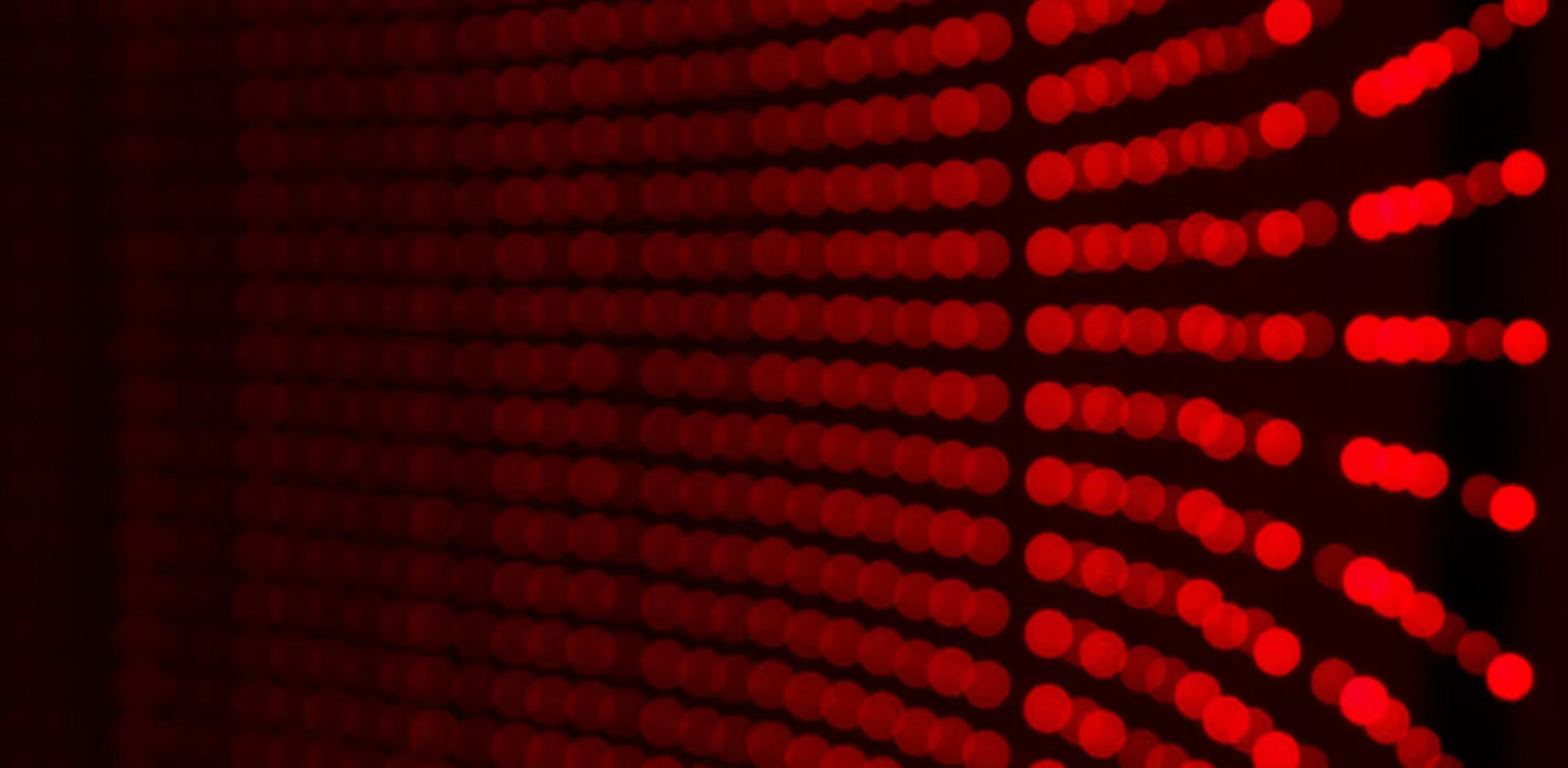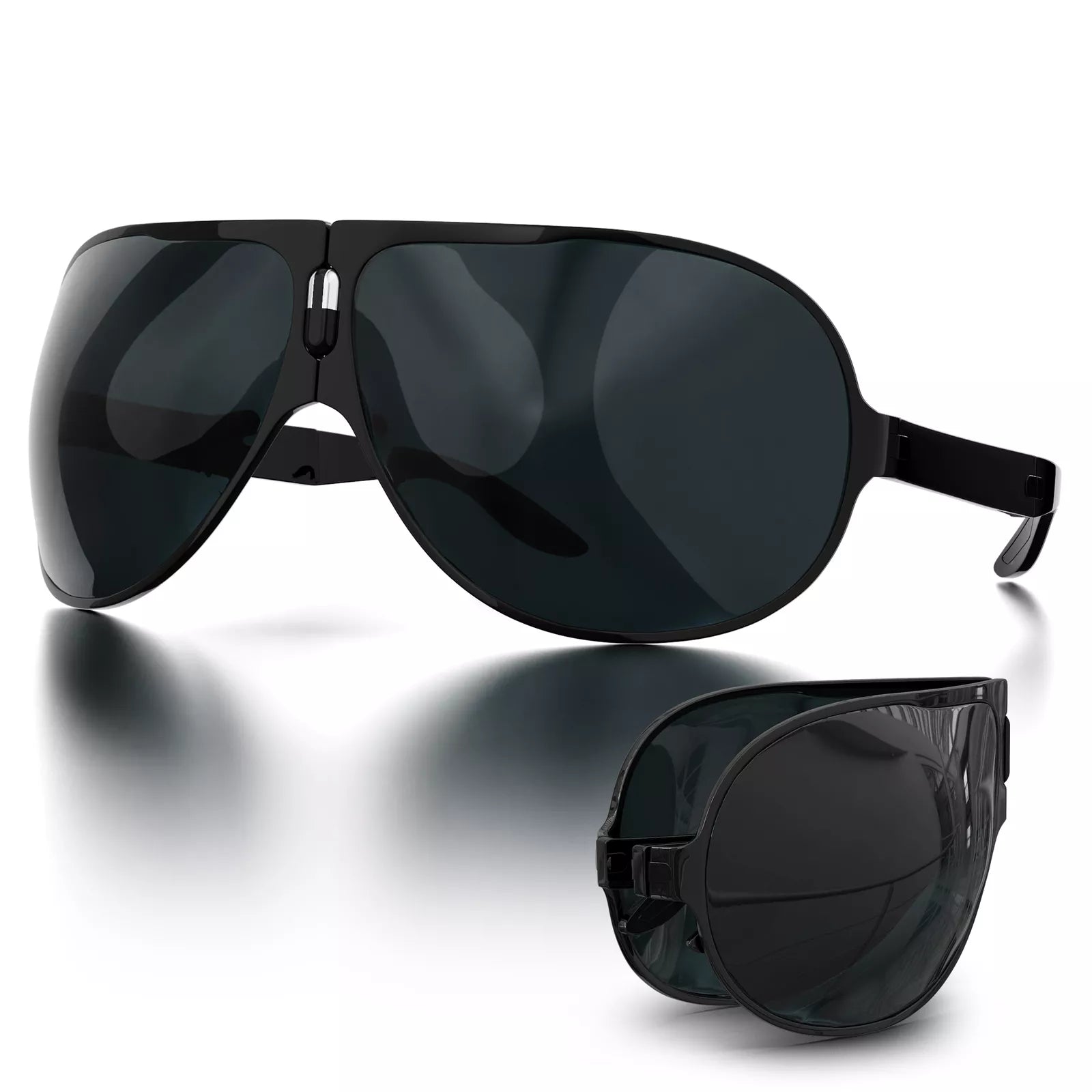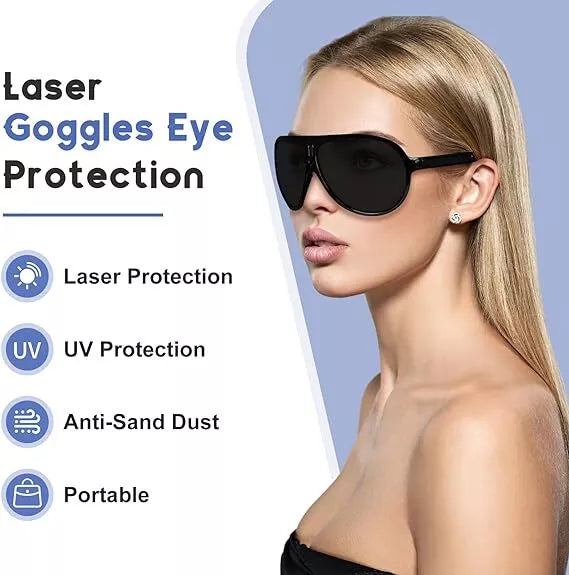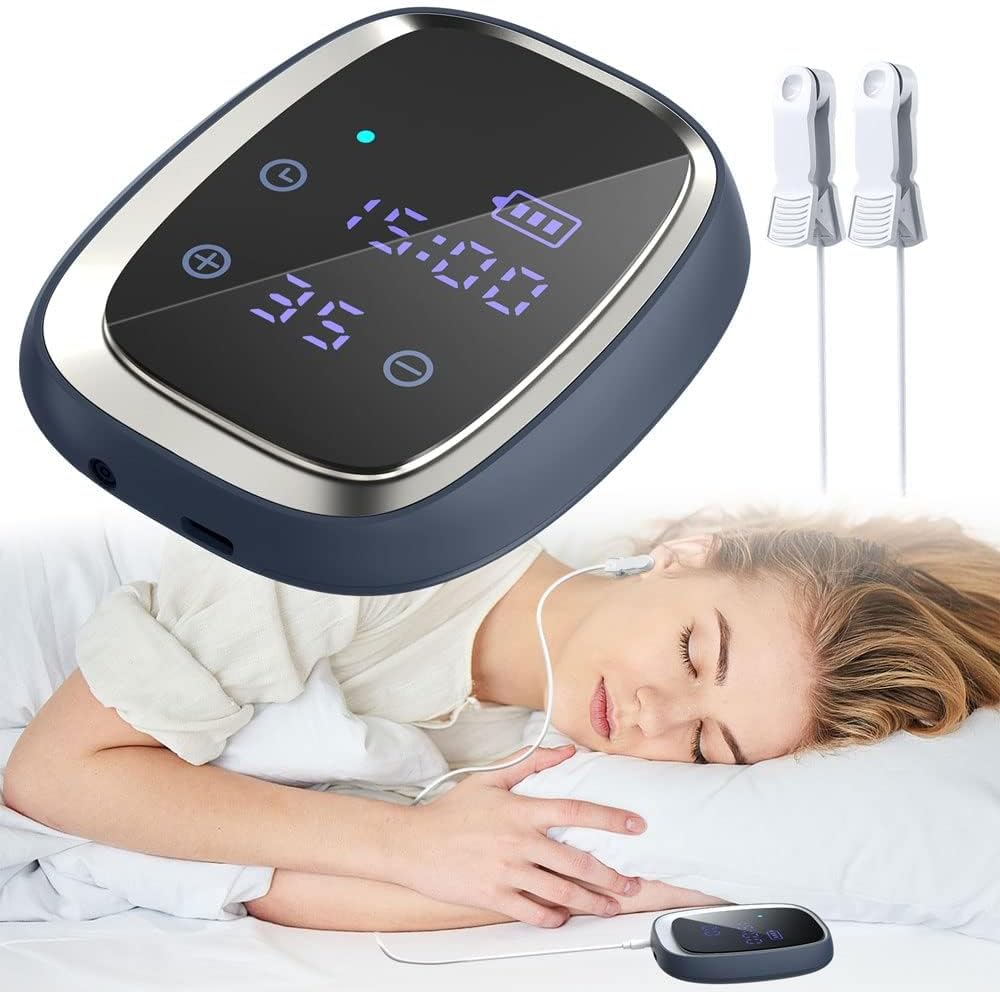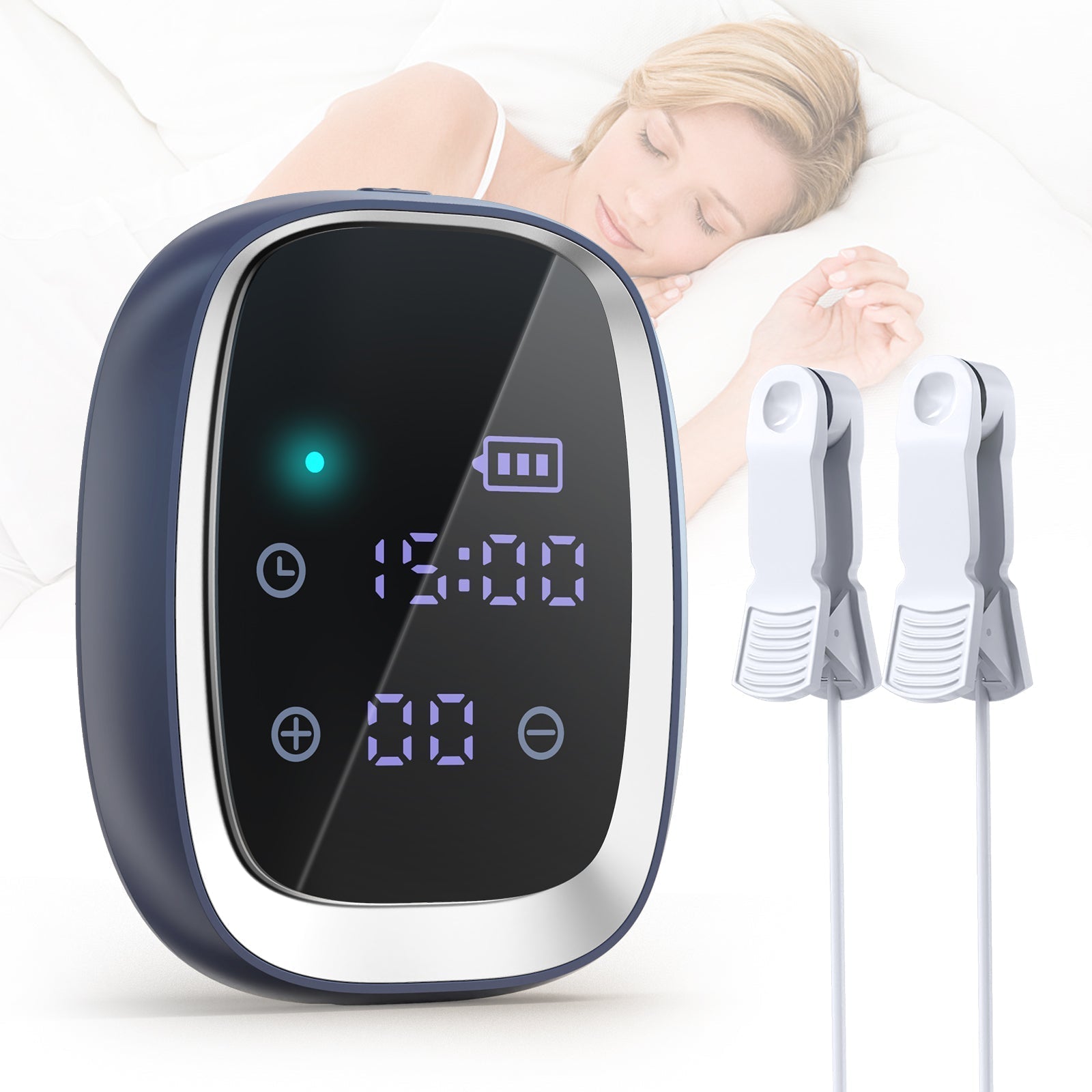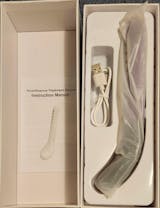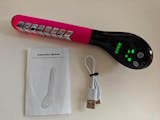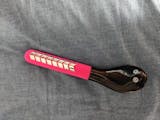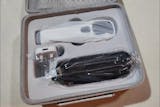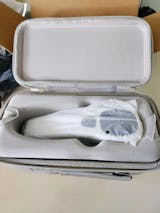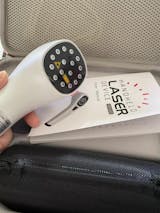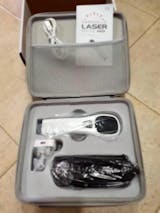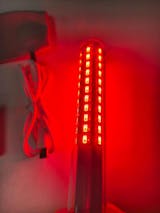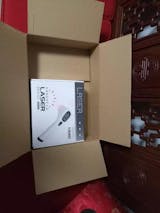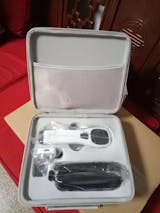I have to say the KTS is the best product that has come out for women in a long time. No meds, a natural alternative. I didn't get this product for the normal reasons most women do. My reason was for prevention. After having a hysterectomy for medical reasons I have always been concerned about eventually becoming incontinent. I've spent most of my life wearing pads worrying about leaks and embarrassment. The last thing I want to do is to have to do that for the last half of my life. After trying to do the Keagle exercises manually I found that they are very difficult to do and very difficult to know if you're doing them right. This product is the answer to my worries. The KTS exercises the proper muscles so you know you are getting results. Easy to use anytime, most anywhere made it so convenient. I had no problem getting into a routine. I would highly recommend this product to anyone, whether they already have issues or wants to avoid what could be the inevitable. It dose not have to be inevitable. The price was so worth it if you think of what you could have to spend if you end up with a problem.
Great value for the product, started using and can already feel a difference, easy to use and discrete, small so it fits right in my drawer
I am shocked, like gob smacked that this actually worked. I did not do it consistently for 12 weeks like it suggested. But I did do it for 3 days a week for a few weeks and I can already notice a major difference.
Now I did not have a problem with going #1 when I coughed but I did babe a problem with going #2 I had to hold between both and push in order to go #2 it was bulging from weekend, pelvic floor. And now even after a few weeks its no longer doing it. I am able to go to the bathroom now without having to my myself in ten correct place to go. I am so pleased with this that I would 100% recommend this to any woman whos ever had a baby.
Products received in good conditions.
Well packed.
I use it for myself and my furball.
For myself, I can feel the difference after using it. I will recommend to buy it. As per instructions, we should continue to do routinely exercise.
As for my furball, yet to see the difference. I usually hopld the device above her fur so that she dont feel the heat.
Received in good condition. Delivery was fast. Much thanks to seller for patiently answering all my noob questions. Getting this for my senior cat who started showing signs of arthritis, hopefully can lessen his discomfort.
Bought the 4x 808mm. Well packed and sealed. Item came within 3 days. Update after using 7 days: I didnt exercise for two weeks after injury and my wrist was still about the same until I tried using this for a week and it seems to help my recovery. Will continue to follow the instructions in usage until my wrist totally recovers
As a woman, I know the importance of the health of my private parts, but I often ignore the care of my private parts because of my busy work.Since I discovered this product, I have used it to enjoy professional gynecological care at home as long as I have free time every day. It not only relieved my discomfort, but also made me feel healthier and more energetic in my private parts.Highly recommended to all of you who pay attention to health.
Delivery was pretty fast. Item received in good condition within 3 days upon order.
Hopefully it will give good result as described.
It takes time to see significant result.

